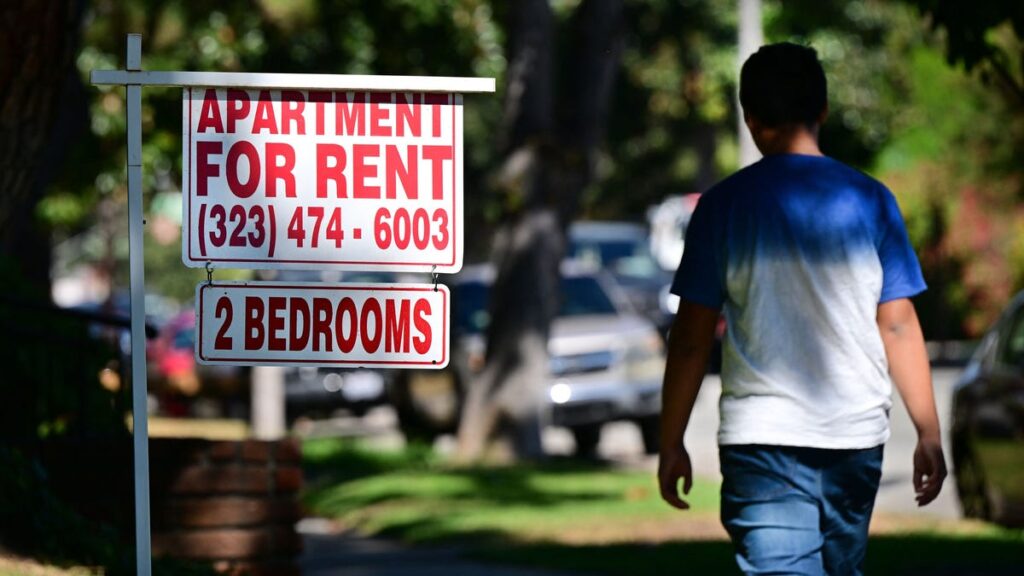Can my landlord raise rent? What to know about rent control laws.
Rent hikes are seemingly common, but how much can a landlord raise rent? Here’s what to know.
DENVER ‒ Federal regulators have accused the nation’s largest private apartment landlord of soaking tenants with hidden fees for years, bulking up its bottom line by billions of dollars by advertising deceptively low lease rates and then tacking on mandatory costs later.
The lawsuit filed by the Federal Trade Commission and Colorado Attorney General Phil Weiser, a Democrat, says South Carolina-based landlord Greystar only disclosed the true rental prices after prospective tenants had paid application fees or signed their leases. The fees included mandatory payments for pest management, trash and community amenities, officials said.
“Because of Greystar’s deceptive advertising and hidden fees, tenants are on the hook in their lease for hundreds, if not thousands, of dollars more than they anticipated that their apartment would cost,” Weiser said in a statement. The lawsuit says Greystar has earned significant extra profits by misleading renters, and in some cases not disclosing the extra fees until after prospective tenants paid nonrefundable application fees.
Greystar manages more than 800,000 rental units nationally, from student housing to apartment towers and senior residential units. The company rejected the accusations made by the FTC and Weiser, and said tenants never signed leases without full disclosure. Greystar said it plans to ask a judge to dismiss the lawsuit, calling the accusations “gross misrepresentations” of fact.
“The FTC’s complaint targets a longstanding industrywide practice of advertising base rent to potential residents,” the company said in a statement. “The idea that this is done with the goal of hiding fees from consumers is patently false. No resident at a Greystar-managed community pays a fee they have not seen and agreed to in their lease.”
Greystar’s website now includes a popup disclaimer that the advertised rents are “Base Rent,” and that tenants may ultimately pay more. It also promises that it will “soon” be listing more detailed costs for tenants.
The FTC filed the lawsuit days before President Donald Trump took office. The then-chairwoman of the FTC has since resigned, and Trump is attempting to fire two other Democratic members of the five-member commission. The remaining FTC commissioners have not withdrawn the lawsuit.
